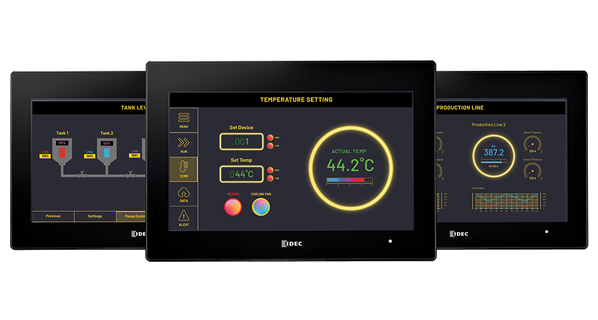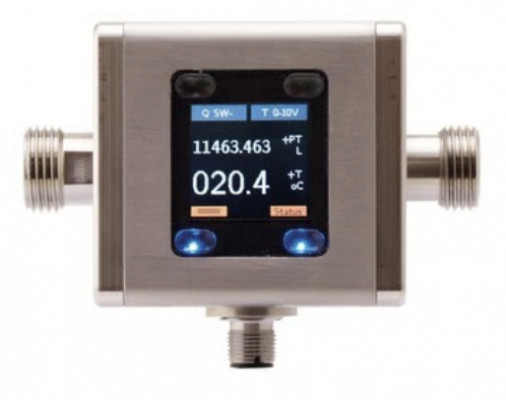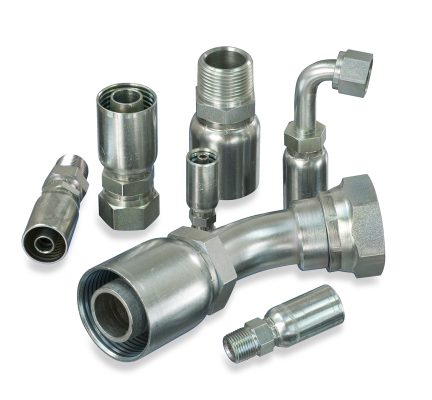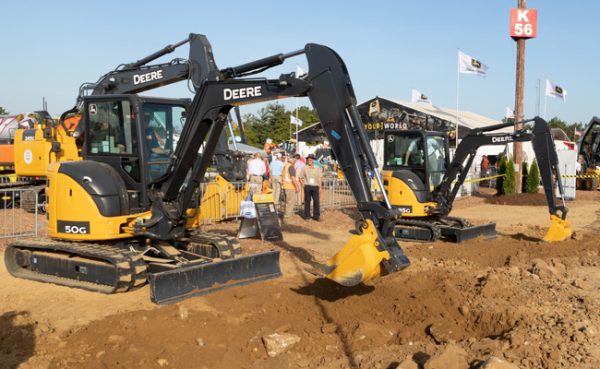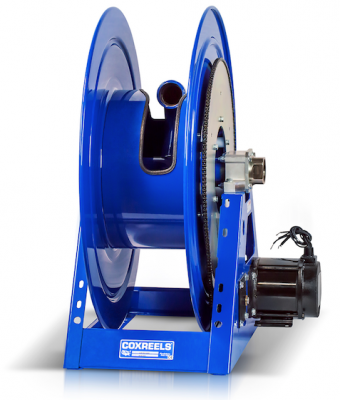Emerson Air Dryers Introduced for Rail Applications
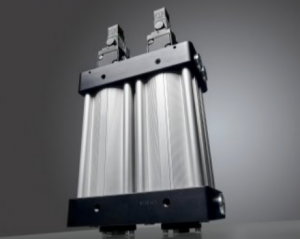 Emerson recently introduced two new compressed air dryers designed to significantly extend maintenance intervals, minimize downtime, and reduce energy costs in rail applications, including brakes and door control.
Emerson recently introduced two new compressed air dryers designed to significantly extend maintenance intervals, minimize downtime, and reduce energy costs in rail applications, including brakes and door control.
Typically, air dryers have an average service interval of less than two years. The AVENTICS roll-up desiccant drying (RDD) and RDDmini air dryers, have a service interval of eight years or 25,000 operating hours. The new products feature a proprietary adsorption medium that removes humidity from compressed air systems more efficiently, reducing energy usage with a smaller envelope size and weight.
The dryers’ shock- and vibration-resistant design further enhances their reliability in tough rail applications. Humidity in compressed air can cause corrosion and ice blockages at low temperatures, often disabling door systems or freezing valves in the brake control circuit. Typically, conventional dryer systems rely on a granular adsorption medium. The shocks and vibrations that occur during rail operations cause channeling, air bypass, and dust generation, which leads to a significant loss in drying performance. Consequently, the dew point increases. High water loading can cause a breakdown of the granulate bed resulting in frequent material changes and a reduced service life.
To solve these problems, Emerson’s AVENTICS RDD technology uses adsorbent crystals immobilized in a durable polymer support structure, which is produced in a continuously embossed sheet and rolled up to tightly fit into a barrel-type housing for high shock and vibration resistance. Unlike competing products using desiccant beads, the AVENTICS dryers resist excessive water loading and fully recover afterward. This ensures constant performance throughout the lifetime of the product and reduced life-cycle costs.
The RDD dryer is used for main air supplies on trains, whereas the RDDmini is used for auxiliary air supply, to driver seats, for example. The efficient design means that the overall envelope size for both dryers is half that of other dryers currently available on the market, allowing for smaller envelope sizes and lower unit weight. The moisture uptake allows for a much higher efficiency air consumption rate of less than 15%, which reduces energy costs. Purge loss typically ranges above 20% for conventional products.
For more information, visit emerson.com/aventics.

